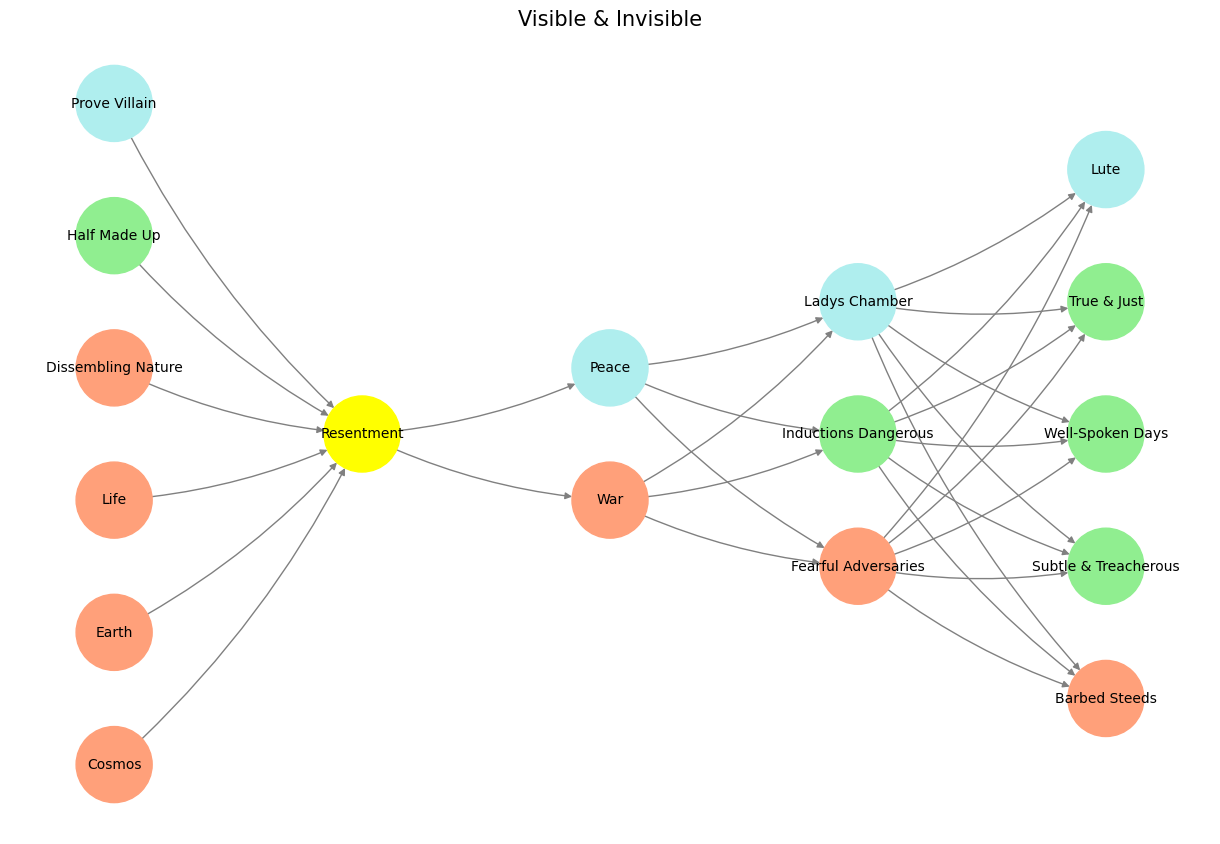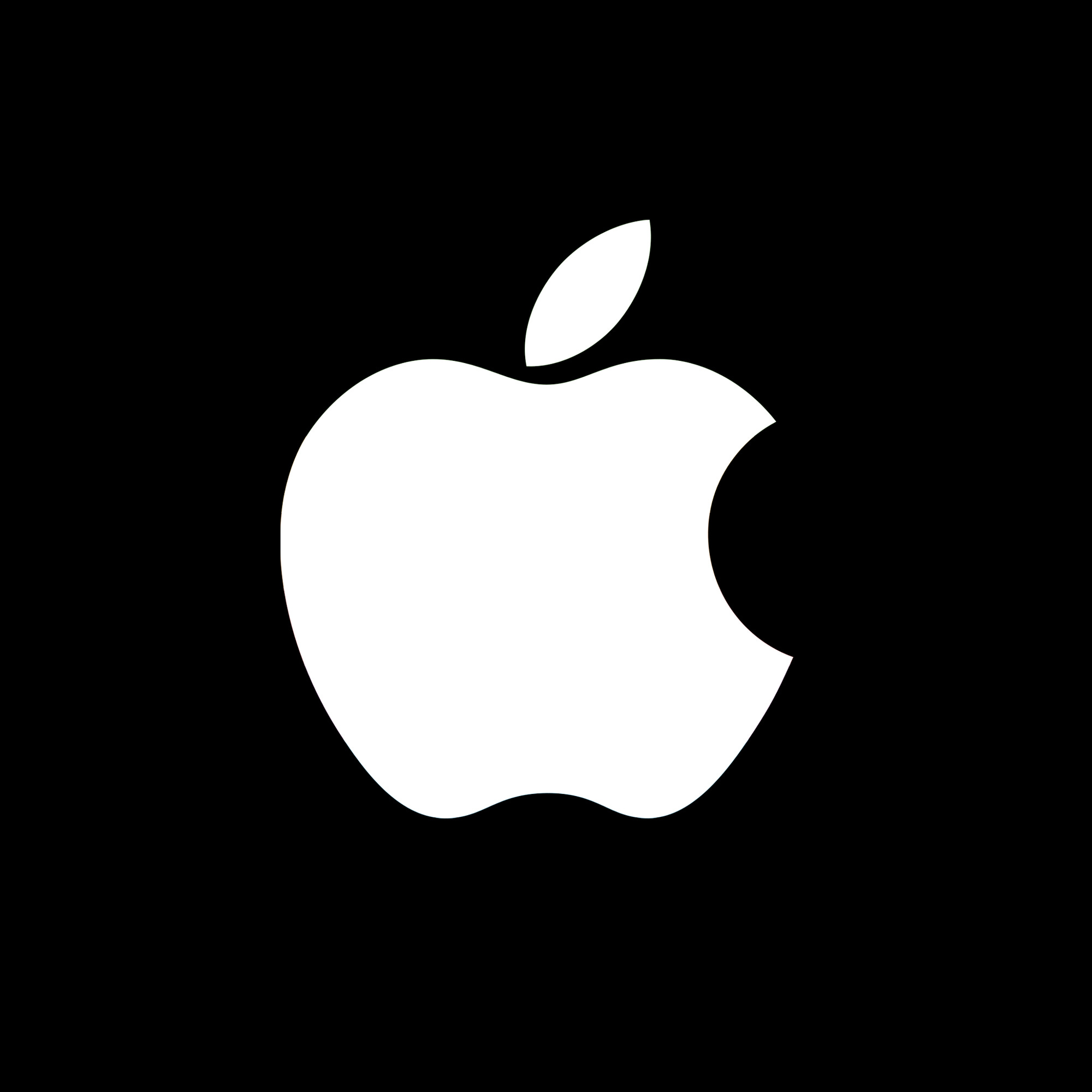System#
RICHER, the five-layer neural network, refines this idea: the pre-input layer represents the rules of the world—physics, chemistry, and biology—which yield data, combinatorial spaces (molecules), and optimum configurations governed by entropy laws. Out of the vast cosmos, these forces present a unique temperament on Earth, where life emerges in infinite variety, with humanity as a most curious case.
Now is the winter of our discontent
Made glorious summer by this son of York
– Richard III
Within this ecological symphony, the Red Queen hypothesis emerges: life forms unconsciously jostle for resources in a perpetual evolutionary race. When this process reaches human consciousness, it is symbolically interpreted as a linear narrative of resource-cost, sacrifice, means, and ends. All language arises from this perspective: an instinctual recognition of triadic patterns, choice, and agentic viewpoints. It also reflects a hidden and vast combinatorial space for “play” and “games,” which remain unconscious until ascending fibers from cranial nerve ganglia and dorsal root ganglia awaken the conscious cortex.
The cortex, in turn, modulates the presynaptic autonomic ganglia via descending tracks, navigating a vast combinatorial space of sympathetic and parasympathetic tendencies—fight and flight (adversarial), feed and breed (cooperative), and mixed patterns (iterative). From this interplay emerge dreams, hallucinations, imagination, simulation, perceptions of free will, regret, confusion, hope for a guiding light or roadmap, and a hunger for narrative clarity. These phenomena give rise to stories, ideologies, heroes, religion, and war—seemingly far removed from the bloody business of the Red Queen hypothesis but, in truth, merely abstracted obfuscations of the same underlying dynamics.
This is the essence of RICHER.
Show code cell source
import numpy as np
import matplotlib.pyplot as plt
import networkx as nx
# Define the neural network structure; modified to align with "Aprés Moi, Le Déluge" (i.e. Je suis AlexNet)
def define_layers():
return {
'Pre-Input/CudAlexnet': ['Cosmos', 'Earth', 'Life', 'Dissembling Nature', 'Half Made Up', 'Prove Villain'],
'Yellowstone/SensoryAI': ['Resentment'],
'Input/AgenticAI': ['War', 'Peace'],
'Hidden/GenerativeAI': ['Fearful Adversaries', 'Inductions Dangerous', 'Ladys Chamber'],
'Output/PhysicalAI': ['Barbed Steeds', 'Subtle & Treacherous', 'Well-Spoken Days', 'True & Just', 'Lute']
}
# Assign colors to nodes
def assign_colors(node, layer):
if node == 'Resentment':
return 'yellow'
if layer == 'Pre-Input/CudAlexnet' and node in [ 'Prove Villain']:
return 'paleturquoise'
if layer == 'Pre-Input/CudAlexnet' and node in [ 'Half Made Up']:
return 'lightgreen'
elif layer == 'Input/AgenticAI' and node == 'Peace':
return 'paleturquoise'
elif layer == 'Hidden/GenerativeAI':
if node == 'Ladys Chamber':
return 'paleturquoise'
elif node == 'Inductions Dangerous':
return 'lightgreen'
elif node == 'Fearful Adversaries':
return 'lightsalmon'
elif layer == 'Output/PhysicalAI':
if node == 'Lute':
return 'paleturquoise'
elif node in ['True & Just', 'Well-Spoken Days', 'Subtle & Treacherous']:
return 'lightgreen'
elif node == 'Barbed Steeds':
return 'lightsalmon'
return 'lightsalmon' # Default color
# Calculate positions for nodes
def calculate_positions(layer, center_x, offset):
layer_size = len(layer)
start_y = -(layer_size - 1) / 2 # Center the layer vertically
return [(center_x + offset, start_y + i) for i in range(layer_size)]
# Create and visualize the neural network graph
def visualize_nn():
layers = define_layers()
G = nx.DiGraph()
pos = {}
node_colors = []
center_x = 0 # Align nodes horizontally
# Add nodes and assign positions
for i, (layer_name, nodes) in enumerate(layers.items()):
y_positions = calculate_positions(nodes, center_x, offset=-len(layers) + i + 1)
for node, position in zip(nodes, y_positions):
G.add_node(node, layer=layer_name)
pos[node] = position
node_colors.append(assign_colors(node, layer_name))
# Add edges (without weights)
for layer_pair in [
('Pre-Input/CudAlexnet', 'Yellowstone/SensoryAI'), ('Yellowstone/SensoryAI', 'Input/AgenticAI'), ('Input/AgenticAI', 'Hidden/GenerativeAI'), ('Hidden/GenerativeAI', 'Output/PhysicalAI')
]:
source_layer, target_layer = layer_pair
for source in layers[source_layer]:
for target in layers[target_layer]:
G.add_edge(source, target)
# Draw the graph
plt.figure(figsize=(12, 8))
nx.draw(
G, pos, with_labels=True, node_color=node_colors, edge_color='gray',
node_size=3000, font_size=10, connectionstyle="arc3,rad=0.1"
)
plt.title("Visible & Invisible", fontsize=15)
plt.show()
# Run the visualization
visualize_nn()


